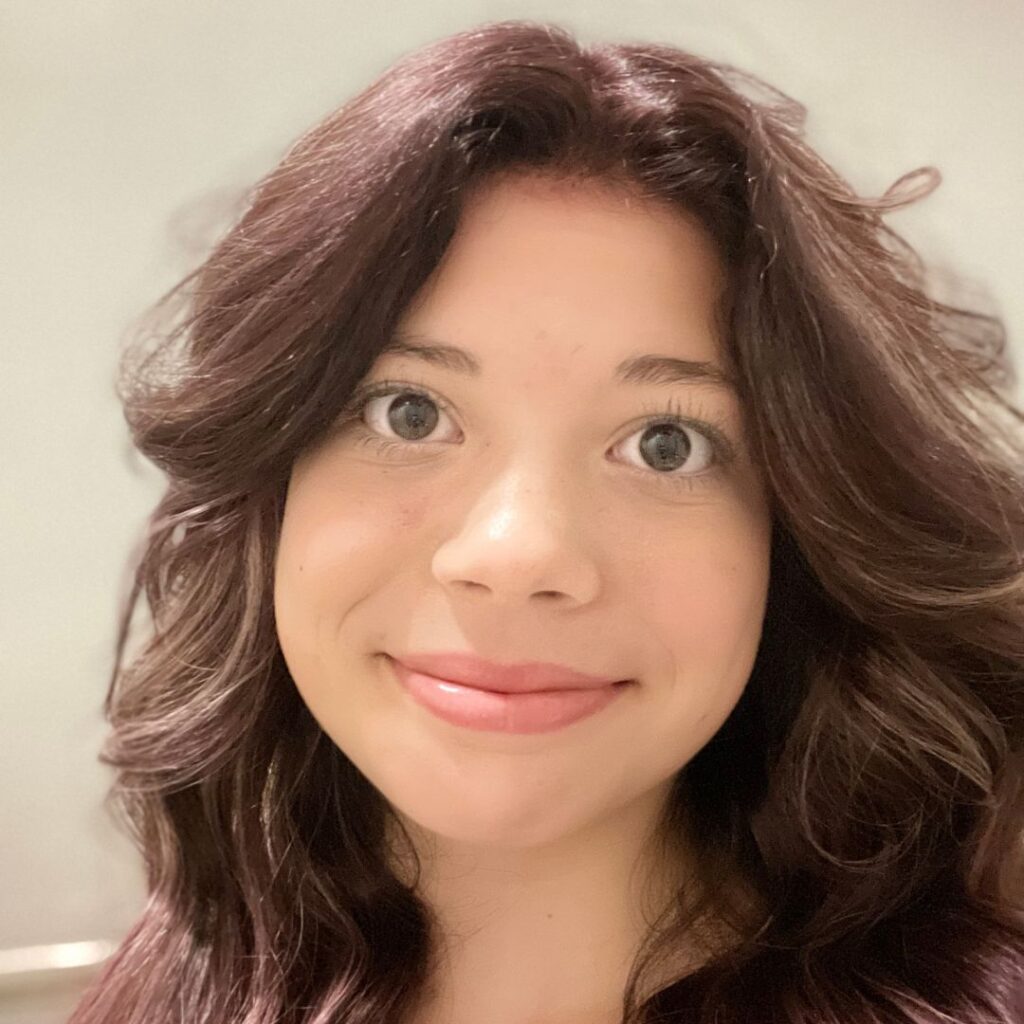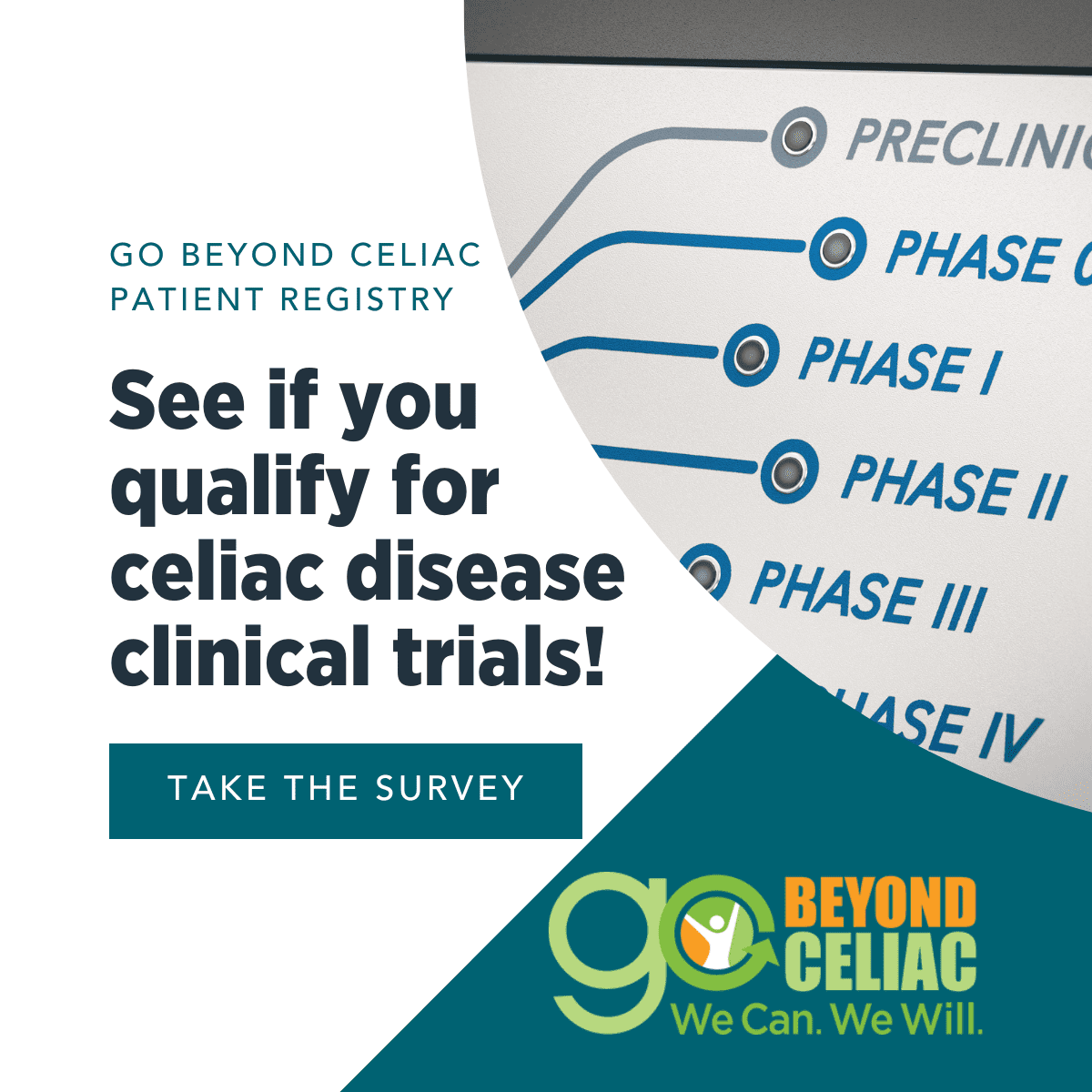Describe your life prior to diagnosis.
I had a normal childhood, but in the early spring around my fifth birthday, I started getting very sick. I don’t remember it very well, but I do remember being able to see my ribs through my shirt, and I was so weak. My poor parents were so worried for me and I love them so much for their constant support and composure throughout those scary times.
How did you find out that you had celiac disease? Did you suspect it beforehand?
I was diagnosed with thyroid disease and my endocrinologist had noticed I seemed extremely malnourished and that my skin was a sickly color. I didn’t have IgA to be tested for celiac, so the gastroenterologist looked at my other labs and behavior and eventually diagnosed me with celiac disease.
How long did it take for you to get diagnosed since your first symptoms and what (if any) challenges did you face along the way?
It’s hard to tell how long I had it before being diagnosed, due to the fact that my parents weren’t aware of what the symptoms were, what was happening, or how long the symptoms were happening for.
Do you believe anything could have sped up your diagnosis? If so, please explain:
No. Once we were in touch with Phoenix Children’s Hospital, they were simply amazing. So much so that they inspired my mother to become a nurse—she’s even won a DAISY award.
Describe your experience living with celiac disease:
Living with celiac disease has been positive and negative for me.
To start with the positives, you can’t eat at most restaurants and have to cook all of your meals, so it’s much easier to eat healthier and build good eating habits.
The negatives of celiac disease are, well, a lot of things. It means I have to ask for a gluten-free menu at the few restaurants that have them. Whenever I have a party or gathering to go to, I have to bring my own food. This has really brought down my self image (especially as I’ve grown up) and has made me feel excluded and lonely. I can’t try a new snack without reading the ingredients or scanning the barcode. I have to explain to everyone I meet that I can’t share a snack with them or even a stick of gum.
What would a cure mean for you?
For me, a cure would open up a lot of colleges I could attend after I graduate high school. There are only certain ones that provide celiac-safe food or are close enough to home that I can still eat food there. I could always do online, but if you want have the “college experience,” your options are limited.
Is there anything else you’d like to add to your story?
Even though celiac disease is a part of my life and has caused me a lot of trouble, it does not control your life. For those who are recently diagnosed with celiac disease, it might feel really intimidating and scary, trying to find cooking sprays and toothpastes that are celiac friendly, but there are so many experiences you can still enjoy while having celiac disease. You can still go out, do fun things, and eat really good food (albeit expensive food).
You may feel excluded. You may feel lonely and awkward when you ask the server what’s gluten-free and what’s not, but at the end of the day it doesn’t control who you are. You can still be as healthy and happy as anyone else, even if you have to bring your own food everywhere.



